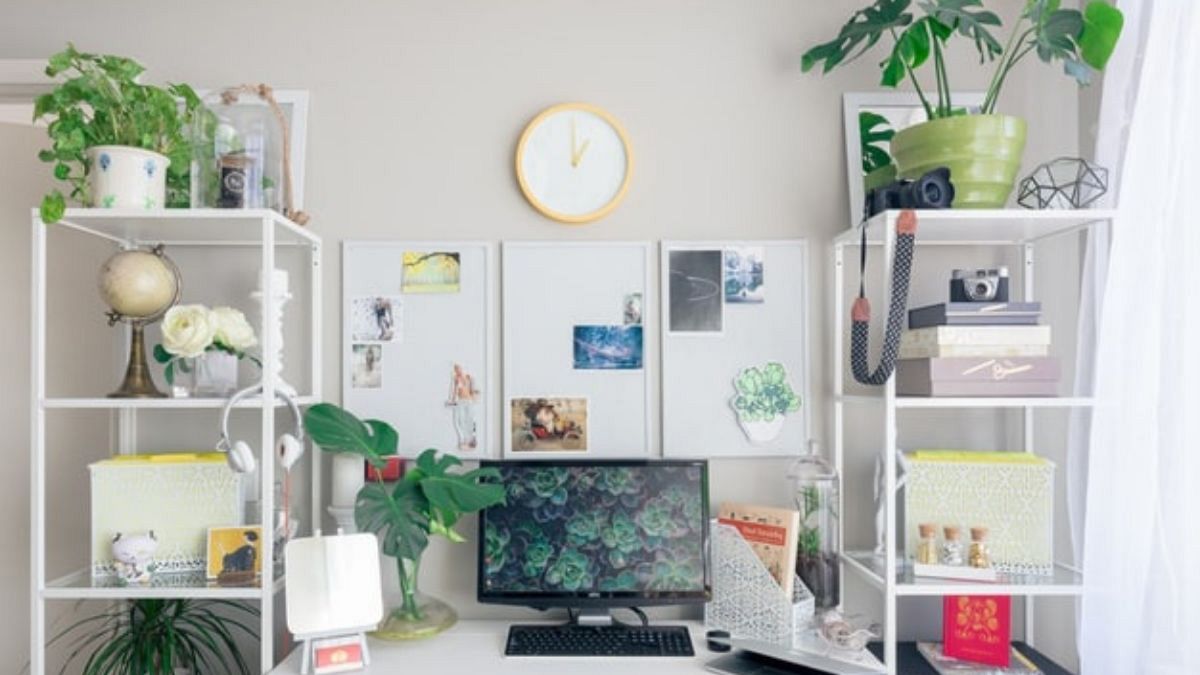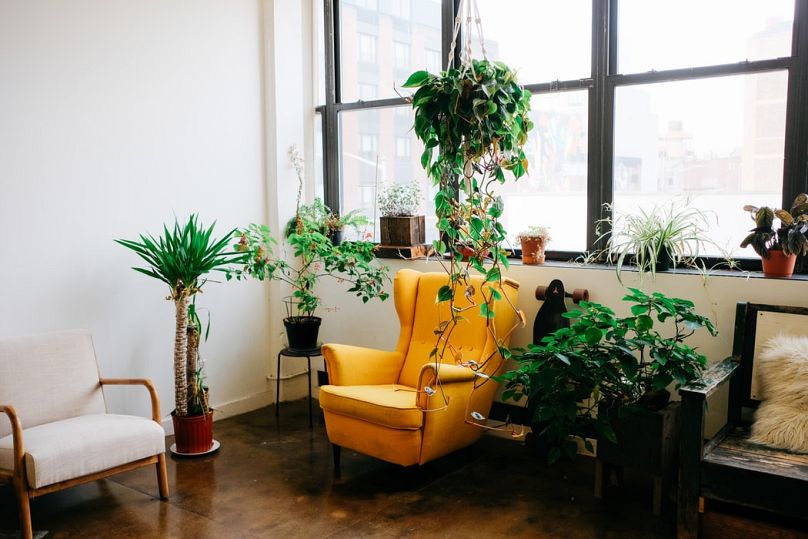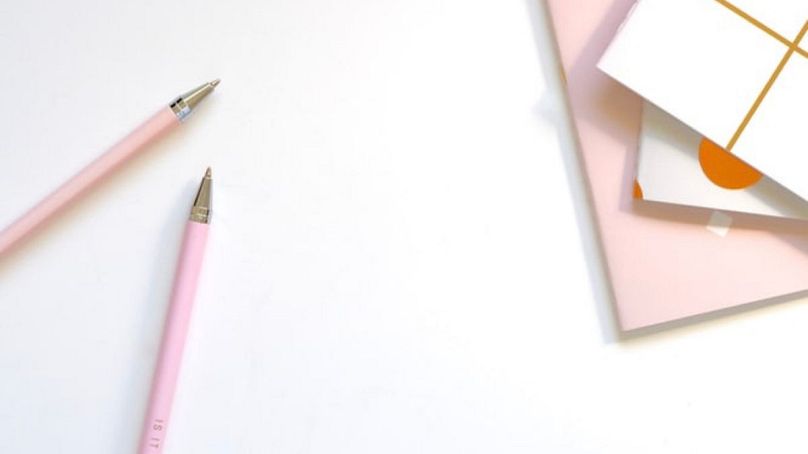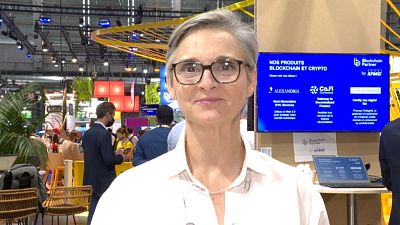Starting a business is all about profit, right? But the planet needs to be taken into account, too, especially if you’re selling a sustainable product.
Starting a new business is an exciting time, as you embark on your entrepreneurial future with passion and determination. For many of us, new ventures often have sustainability as a focus. Whether it’s a drink, a clothing brand, jewellery or a café, many of us want commit to a sustainable ethos as part of our brand. But what about our own sustainable efforts? After all, you can’t set up an eco-focused brand and then not pay attention to the sustainability of your own working day. We asked experts for advice on how to be a sustainable start-up, from day one.
Make your launch party and gifting sustainable
Planning an event and gifts for customers to welcome your new ‘business baby’ into the world is all very well, but you need to do it in an eco-friendly way. Bec Evans is author of How to Have a Happy Hustle. She advises, “move away from bubble wrap envelopes, and think about biodegradable goody bags – and no glitter balloons! Think about plastic in gifts and plastic waste when gifting. It’s about showing intention – when you set up a business it’s about building a community and working with early users. Think ‘does the world really need this?’”.
Related | 9 sustainable economy startups aiming to clean up our future
Make sustainability a ‘given’, not a ‘must do’
Jesse Tran and Son Chu are fellow students from Vietnam who are starting their own trainer business and their products are made from recycled coffee cups. Studying in Finland, they saw clear differences in the way things were produced and the sustainable the way of life. They’ve channelled that into their brand, RENS. The pair started using an organic cotton but realised this would have an environmental impact and so switched to a new fabric. “As millennials, for us sustainability should be a given,” says Jesse. “We want to play a role as ambassadors – it’s easier to live a sustainable life in Finland!”
Related |**The brands launching sunglasses made from human hair, milk bottles and coffee waste **
Think about the entire production chain
So you’ve chosen your start-up. Now to find a way to produce the product. Sustainability needs to be considered from start to finish. Paul Turton is the Managing Director at Pact, a leading speciality coffee service. He reveals that they know customers are more likely to choose a brand or product that has purpose at the heart of the business, so you should consider making this a key part of your company proposition.
“Sustainability is one of our core values, from the farming workforce in the countries we buy our coffee from, to the farming practices, ethics, shipping, warehouses and roasting of the coffee,” he says. “It wouldn't be right to ask people to work in a way that doesn't show us upholding our own standards - no matter the size of our business.”
Jesse and Son from Rens agree that their biggest tip is to find a good sustainable base. They work from Aalto university. “The lights are all automatic, and everything is optimised,” says Jesse.
Is your office space sustainability-friendly?
According to Bec Evans, “happiness is the jumping-off point for becoming a ‘side hustler’, and one of the reasons side hustles are growing so much is because you can work from anywhere.” So that’s a good place to start – is your chosen place of work sustainable? Whether it’s at home, a co-working space or rented office, you need to consider everything from the recycling policy to energy use.
Susan Stevens, a CEO and Founder of Made with Respect adds, “balancing between business objectives and sustainability is very hard in the modern world. Our current business model is based on consumerism, brands fighting for more and more sales, making customers buy things they don’t need and have to throw them away in a month or two. Approximately 1.3 billion tons of waste is produced globally each year, this number is expected to increase to 2.2 billion tons per year by 2025. This is alarming.”
**Related | 5 stunning examples of green architecture around the world **
Commit to recycling
This may feel like a more obvious one, but recycling can get forgotten when you’re wondering about the provenance of the cotton for those new bags you’re making. Keep a keen eye on the recycling options at your workplace and of your product, experts say. Paul Turton adds, “it’s good to get into good habits from the start, then when the business grows, it’s already ingrained in the culture. People don’t often realise you can even recycle used coffee grounds, it’s best to seek out suppliers who can help you do this, we use First Mile Recycling and Bio-Bean or simply get a compost bin in the office.”
First Mile founder and CEO, Bruce Bratley, adds, “when it comes to recycling, it's important to remember that not all waste companies deal with waste in the same way. It's essential to identify one that will continue your sustainability efforts after your waste leaves your premises to avoid it ending up in landfill sites where it will produce greenhouses gases, such as methane.”
Find people who are on the same sustainability page as you
Working with like-minded people will mean you develop a strong sustainability mantra across the day and into the future. David Kelly, General Manager for Europe, Middle East and Africa at Deputy, a company that works with lots of start-ups, says, “to grow sustainably and retain talent, you need to bring people on the journey with you. Pay them properly and on time and prove work will fit into their life. Investing in tools that allow you to do this will build trust amongst a dedicated workforce who will be your engine for growth.”
Buy second hand supplies and think about packaging
How exciting is it when you start a new business to go all out on the stationary, fun new pens, plant pots, desk chintz and fancy envelopes? Right? But all these things are sustainability nightmares. You know about fast fashion, but you also need to be aware of ‘fast stationary’. Step away from the pens - you’ve got lots at home already.
And that goes for machines as well as pens, adds Jason Downes, MD at **PowWowNow, **“when businesses are sourcing office equipment, they should seek appliances with an ENERGY STAR label, which indicates that the equipment has achieved energy efficiency standards set by the EU. Computers, for example, use 30-65 percent less electricity, while there are also greener alternatives for a lot of technology, such as energy-efficient lightbulbs or solar-powered smart speakers.”
Rosalind Rathouse runs a sustainable cookery school. She says, “when setting up the office of your new business or start-up, don’t be tempted to buy everything new. Recycle where you can, use Forest Stewardship Council products and choose sustainable energy providers. Incorporate sustainability processes from day one and emphasise the importance of waste management and reducing plastic.”
Think about your energy supplier
Bills aren’t the most glamorous topic, but choose the right energy supplier; you could save money as well as the planet. Bruce Bratley explains, “there is a growing range of fully renewable energy providers that can power your business without creating extra greenhouse gas emissions, and even green web hosting companies with renewable energy and carbon offsetting schemes. Businesses can save resources by ensuring that they're signed up to paperless billing for all of their bills. Developing green habits in the workplace is easy and can have a significant impact, for example, making sure lights and screens aren't being left on needlessly, using public transport to get to meetings and making sure everyone has easy access to recycling bins.”
Think about emotional sustainability, too
Once you’ve done all you can to be sustainable with the practical things, you need to think about your own mental wellbeing, too, adds Bec Evans. “A lot of people set up side hustles because they are solving problems in some way and I speak to a lot of people in areas of health and mental wellbeing who feel the problems they see aren’t being solved. Talk to customers and ask them what they think. Be true to your values. If sustainability is something that motivates you then it’s important to check you’re in line with your own values.”
Words: Jenny Stallard





